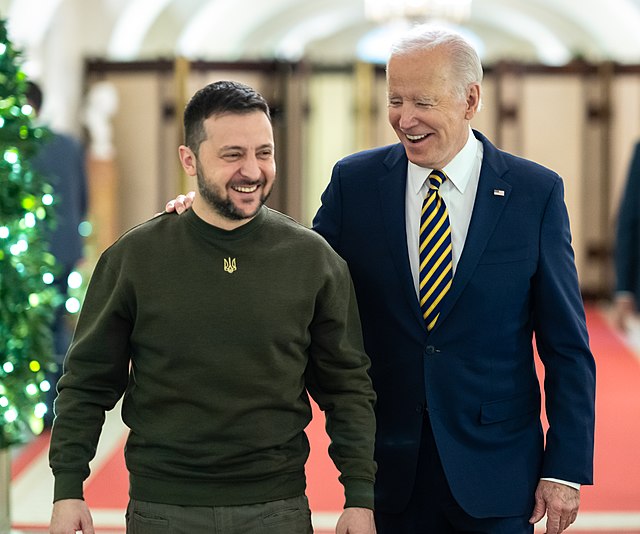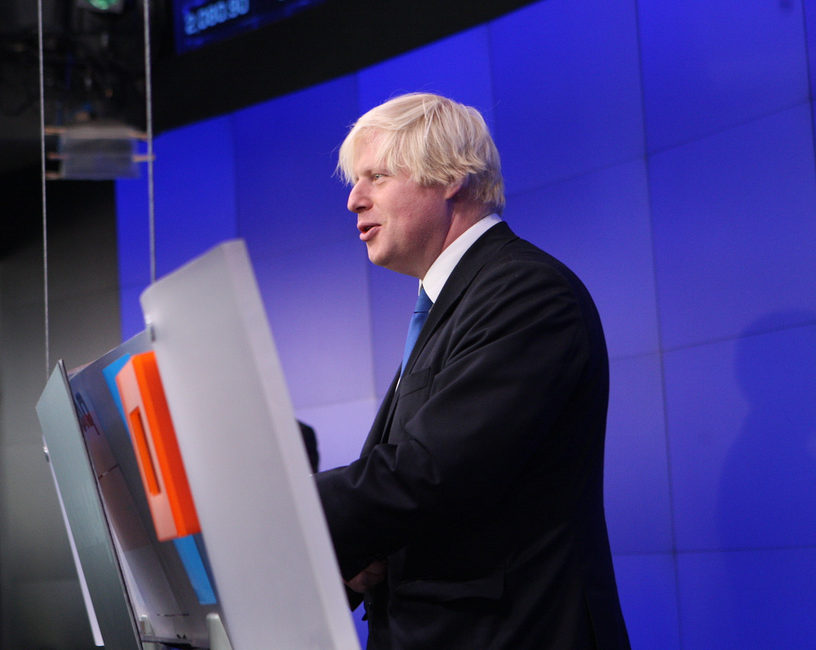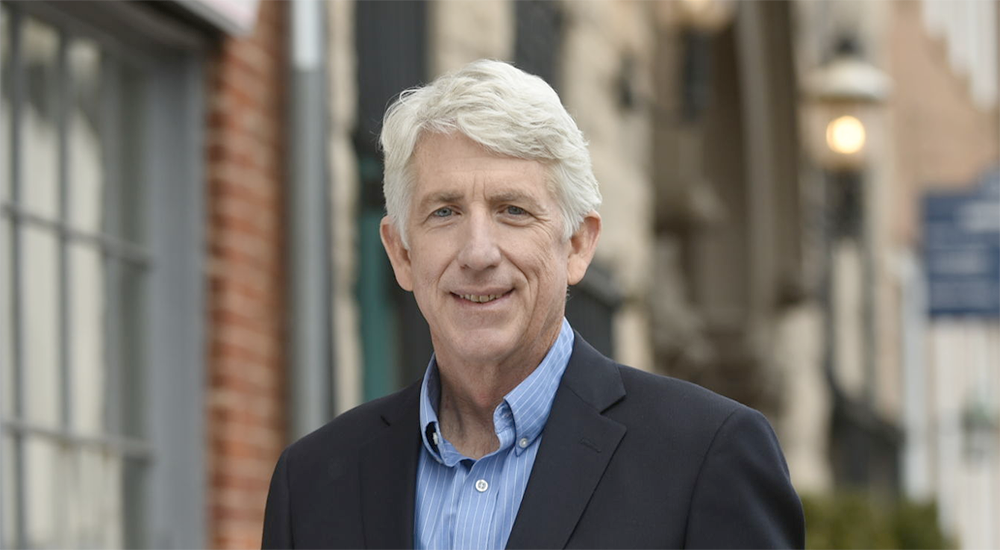At the tail end of Congress’ 2022 lame-duck session, Ukrainian President Zelenskyy visited Washington, DC making stops at the White House and on Capitol Hill.
Less than 48 hours later, the Omnibus bill was passed with an earmark of an additional $45B for Ukraine.
Coincidence?
While the majority of Congress showed overwhelming support for the Ukrainian president and additional funding, some members and some portions of the public are growing skeptical of endless spending without transparency. Where is all this money coming from and where is it going? Why are we making this a contingency to passing legislation that averts a government shutdown?
Accountability and transparency are important regarding where the funding is going once it is in Ukraine. But what about the funding that stays here in the States that is allocated to the defense industry which will be used to manufacture equipment that will ultimately be sent to Ukraine or to NATO countries.
As a nation, our intent is to have the strongest military in the world and historically we outspend all our potential competitors including Russia, China, and Iran. This was a strategy that was proven successful during the Cold War against the Soviet Union. The 2022 military budget for Russia is estimated to be $75B and we can assume a large portion of that is going toward the war in Ukraine. Thus far the U.S. has sent approximately $50B to Ukraine for its war effort. And now Congress just appropriated at least $45B more. This includes equipment and direct money to help with initiatives like reconstruction, but does this also include resources spent by State Department, DoD, and the Intelligence Community? Is our strategy here to outspend the Russians? If so, do we fully trust the Ukrainian government and know how the money will be used? The Ukraine government has a history of corruption. Therefore, we need to create checks and balances for the funding we are sending them. Are we sure nobody is getting rich off this? Defense contractors, such as General Dynamics, are making huge profits from this war with their ISR (Intelligence Surveillance, Reconnaissance) systems. It seems like a lot of duplication of efforts with not enough accountability. Money flowing through multiple channels for the same purpose – Ukraine.
During his address to Congress, Zelenskyy said “Your money is not charity. It’s an investment in the global security and democracy that we handle in the most responsible way.”
I agree, we need investment in global security and international stability. This means preventing the collapse of Ukraine or Russia. However, we are not the global police, we are not the global piggy bank, and we are certainly not going at it alone. If we are looking to invest in global security, let’s focus on the chaos on our southern border. Why are we not investing in the security of our own country?
The hypocrisy can no longer be ignored. If we are going to be “fair” then we need to address all issues that contribute to international stability. It has become harder to defend the endless supply of funding to another country for the “greater good” or international stability. In the same vein, where was the U.S. during human rights movements across the globe? The conflicts in Armenia and Ethiopia. The countless deaths of children working in mineral mines to produce cobalt for components used in solar panels promoting the combat of climate change.
Regardless of party affiliation, principles matter. If we are providing endless funds and concern toward a country thousands of miles away, that radius must extend within our American moral compass. If we are not prepared to take on the gravity of responsibility associated with not merely being the world’s police, but the world’s parents as well, we cannot pick a favorite child. America’s generosity is and always should remain as bottomless as reason and circumstance allow. But generosity – like charity – starts at home. The reality is, pocketbooks have a bottom and like our generosity, must be measured in the scope of reality, recognizing the will of our population and addressing the needs and concerns of our citizens before turning our eyes toward others. Can these exist in parallel tracks? One can hope and our leaders can defend their choices if and only if they are rooted in consistent principles.






